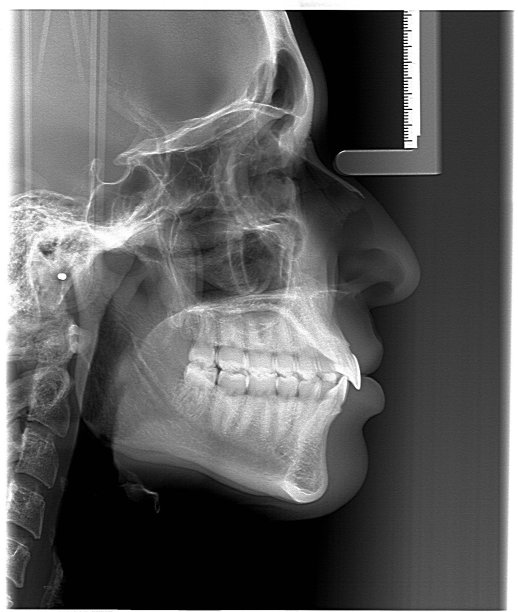Essential Guidelines and Precautions to Ensure Safe and Effective Root Canal Treatment Procedures
Summary: Root canal treatment is a critical procedure in dental care that requires careful planning and execution to ensure both safety and effectiveness. This article outlines essential guidelines and precautions vital for dental professionals to deliver successful root canal treatments. It emphasizes the importance of comprehensive patient assessment, effective infection control measures, meticulous procedural techniques, and committed post-treatment care. By adhering to these guidelines, practitioners can significantly enhance patient outcomes and reduce complications associated with root canal procedures.
1. Thorough Patient Assessment Before Treatment

Before initiating a root canal procedure, it is essential to conduct a comprehensive assessment of the patients dental and medical history. This step allows the dentist to understand any underlying health conditions that could complicate the treatment. Factors such as diabetes, cardiovascular diseases, and allergies should be noted, as they may influence treatment decisions and patient recovery.
Additionally, radiographic analysis is a vital component of the assessment process. Dentists must obtain high-quality X-rays to visualize the tooths anatomy and identify any abnormalities, such as root fractures or calcifications. This imaging helps in developing a specific and effective treatment plan tailored to the individual patients needs.
Lastly, effective communication is crucial during the assessment phase. Dentists should provide clear and concise information regarding the root canal procedure, expected outcomes, and aftercare. Ensuring that patients have realistic expectations and addressing their concerns can greatly enhance their comfort and cooperation during treatment.
2. Infection Control Measures for Safety
Infection control is paramount in ensuring patient safety during root canal treatments. Dentists should adhere to strict aseptic techniques to minimize the risk of introducing pathogens into the root canal system. This includes using sterile instruments and barrier protection, such as gloves and masks, to prevent cross-contamination.
Furthermore, disinfection of the treatment area is critical. Utilizing antiseptics before beginning the procedure reduces microbial load significantly. Additionally, employing rubber dams can isolate the tooth being treated, preventing saliva contamination and ensuring a clean working environment.
Another important aspect of infection management is the use of effective irrigation solutions during the procedure. Solutions such as sodium hypochlorite not only disinfect the canal walls but also aid in removing debris and necrotic tissue, further preventing potential infections. Proper irrigation techniques enhance the effectiveness of the treatment and promote healing.
3. Meticulous Procedural Techniques
Executing precise and meticulous procedural techniques is vital in achieving a successful root canal treatment. Dentists should carefully access the pulp chamber and root canals to avoid damage to surrounding tissues. This process may involve using specialized instruments and magnification devices for improved visualization.
Additionally, maintaining appropriate working lengths is crucial. By regularly checking the length of the instruments used, dentists can ensure that they are adequately cleaning the entire canal system while avoiding over-instrumentation, which may lead to complications.
Moreover, obturation, or filling the cleaned canals, must be performed carefully to create a complete seal. A well-sealed root canal prevents future reinfection and promotes long-term success. Dentists should choose suitable materials for obturation based on the specific case, further enhancing the treatments effectiveness.
4. Committed Post-Treatment Care for Patients
Post-treatment care is just as crucial as the actual procedure when it comes to root canal therapy. Dentists should provide patients with detailed instructions regarding aftercare to facilitate optimal healing. This may include guidelines on medication, dietary restrictions, and activities to avoid.
Regular follow-ups are also integral to ensuring the success of the treatment. Through these check-ups, dentists can monitor the healing process, assess for any signs of complications, and address patient concerns promptly. Timely intervention can prevent serious issues from arising.
Another aspect of post-treatment care is educating patients about the importance of maintaining good oral hygiene. Dentists should emphasize the need for consistent brushing, flossing, and routine dental check-ups to ensure the longevity of the treated tooth and overall dental health.
Summary:
In conclusion, ensuring safe and effective root canal treatments involves a comprehensive approach that begins with a thorough patient assessment and extends into meticulous procedural practices and committed post-treatment care. By following these essential guidelines and precautions, dental professionals can significantly enhance treatment outcomes and patient satisfaction.
This article is compiled by Vickong Dental and the content is for reference only.



